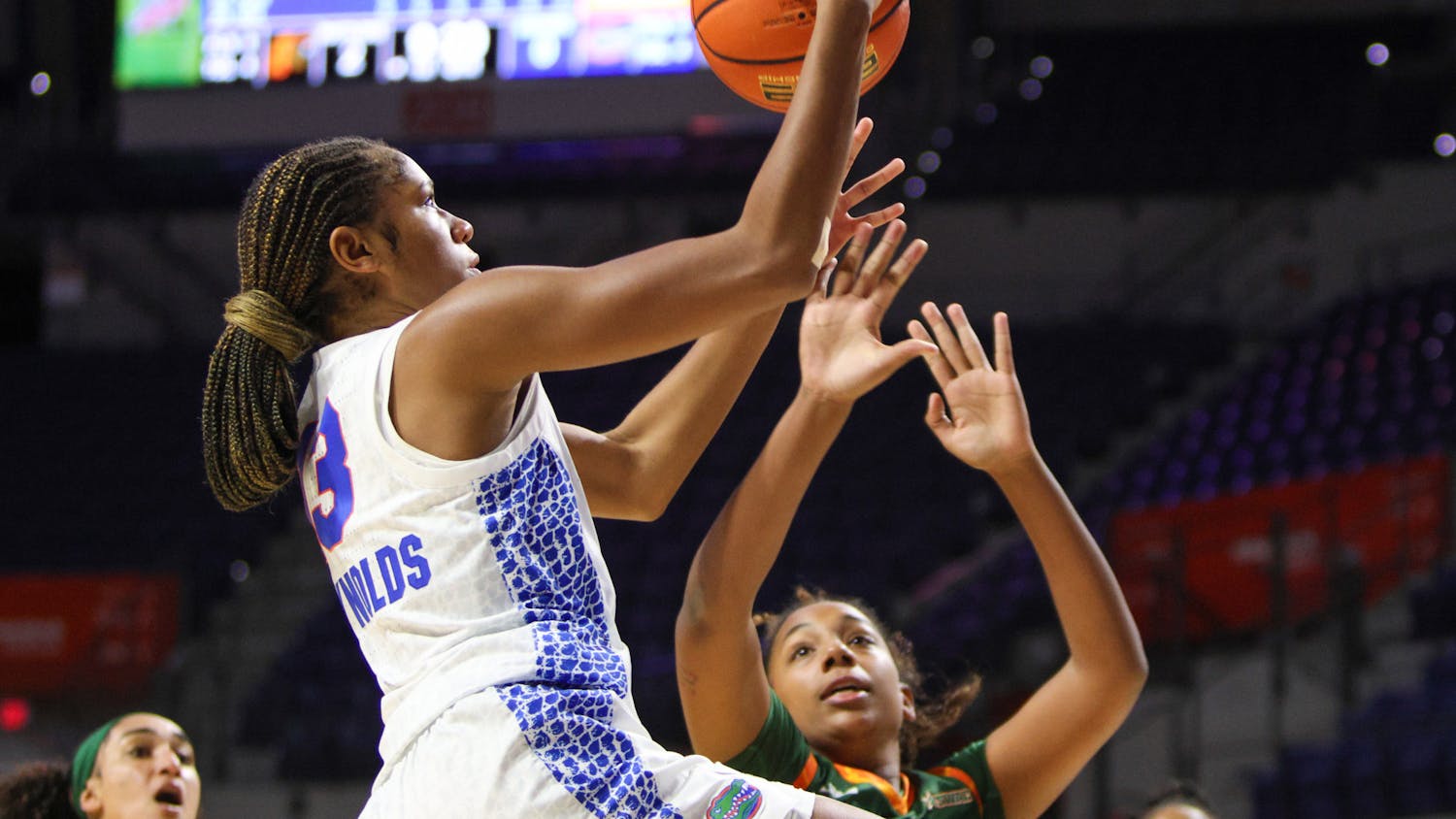Debate filled the air during Tuesday’s Student Senate meeting as the chamber discussed seven sets of Student Body Statute reforms.
While the reforms passed through first reading by a majority vote, a large portion of the debate focused on the lack of preparedness to debate the reforms and whether the reforms should have even been discussed.
Senators received the proposed reforms — 170 pages worth of documentation divided into seven chapters — just before 4 p.m. Monday, about 27 hours prior to the meeting.
Ty Robare, chairman of the Comprehensive Statute Reform Ad-hoc committee, said the group met seven times over the course of nine weeks, spending about 15 hours overall on the reforms. The committee is still finalizing the 800 codes, which serve as the eighth chapter of reforms. The 13-member committee spent the 15 hours making revisions to current codes and adding amendments where it saw fit.
Some changes were small, such as the addition and removal of the word “student” from different lines. Others, however, were more complex and have larger impacts, such as a set in the 700 codes requiring a mandatory Student Government-sponsored debate during the Spring election cycle.
Motions to refer the seven sets of reforms to the Judiciary committee and to postpone the first readings until next Tuesday’s Senate meeting were both rejected.
The Senate went through a full debate on the 100 codes — the first of the seven chapters presented for first reading — during which time one amendment had to be made. The other six chapters were heard as a block.
“I feel like there has been adequate time (to look over the reforms),” Robare said. “Although, now that there is a motion to hear them as a block, the intent is to allow for there to be just as healthy of a debate next week.”
Rules and Ethics Committee Chairwoman and statute reform committee member Maddie McClinton (Swamp, Education) said even if senators were not able to read all the revisions in the 27-hour period, they had the opportunity to attend the meetings and hear each debate being discussed.
“Not a single person has addressed me in these past nine weeks,” she said.
Daniella Saetta (Access, Graduate), said it would have been more beneficial for the Senate as a whole if Robare and the committee to give a presentation about the reforms — similar to what the Budget and Appropriations committee does before first readings of any budgets.
This, coupled with the fact that there are still two Senate meetings remaining in the Summer, would allow for senators to have a better grasp of the revisions the committee is proposing and still have the chance to pass the reform recommendations before the semester ends, she said.
“There’s no hurry,” she said. “I don’t know why there’s such a rush to go into this bill.”
Second readings will be held at next Tuesday’s meeting. If the seven sets of codes — each of which garners its own set of debates — are approved, the revisions will be carried out.
[A version of this story ran on page 12 on 7/23/15]





